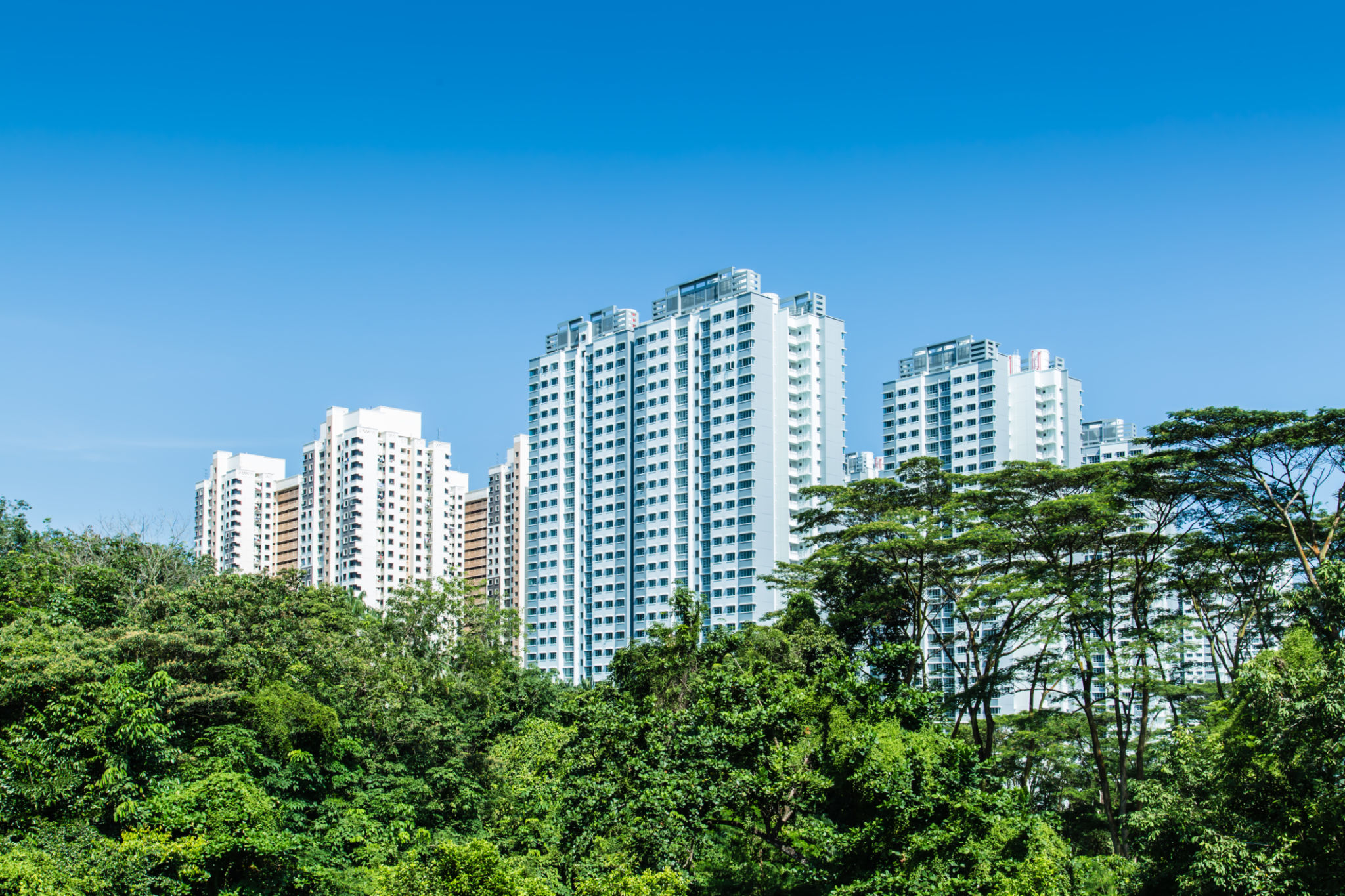Navigating Singapore's Real Estate Regulations: What You Need to Know
Understanding the Basics of Singapore's Real Estate Regulations
Singapore's real estate market is renowned for its robust structure and vibrant activity. However, navigating its regulations can be daunting for newcomers and seasoned investors alike. The key to successfully investing in Singapore's property market lies in understanding the fundamental rules and regulations in place. These regulations are designed to ensure market stability and protect both buyers and sellers.

The Singapore government has implemented various policies to regulate the real estate market, primarily through the Urban Redevelopment Authority (URA). These policies include restrictions on foreign ownership, property tax schemes, and housing grants. By familiarizing yourself with these elements, you can make informed decisions when buying or selling property in Singapore.
Foreign Ownership Regulations
Foreigners looking to invest in Singapore's real estate market must adhere to specific regulations. While foreign ownership of private properties such as condominiums and apartments is permitted, there are restrictions on purchasing landed properties. Foreigners are generally required to seek approval from the Land Dealings Approval Unit (LDAU) before acquiring landed residential properties.
Additionally, there are specific areas known as "Good Class Bungalow Areas" where foreign ownership is highly restricted. Understanding these limitations is crucial for foreign investors planning to enter the market. Engaging a local real estate agent can be especially beneficial in navigating these regulations.

Property Tax and Stamp Duty
Property tax in Singapore is calculated based on the annual value of the property, which is determined by the estimated rental income it could generate. The tax rates differ for owner-occupied and non-owner-occupied properties, with higher rates applied to the latter. It's essential for property owners to stay informed about these rates to effectively manage their investments.
Besides property tax, buyers must also consider stamp duty, which is a tax on legal documents related to the purchase or lease of a property. The Buyer’s Stamp Duty (BSD) applies to all property buyers, while the Additional Buyer’s Stamp Duty (ABSD) targets foreign buyers and Singaporeans purchasing multiple properties. These duties can significantly impact the overall cost of purchasing a property.

Housing Grants and Incentives
To support homeownership among Singaporeans, the government offers various housing grants and incentives, particularly for first-time buyers. The Enhanced CPF Housing Grant (EHG), for instance, provides substantial financial assistance based on household income and other criteria. Understanding eligibility for these grants can provide significant financial relief when purchasing a home.
Furthermore, the government periodically reviews these grants to ensure they remain relevant and helpful amidst changing market conditions. Staying updated on any changes or new incentives can aid potential homeowners in maximizing their benefits.
The Role of Real Estate Agents
Real estate agents play a pivotal role in assisting both buyers and sellers in navigating Singapore's complex real estate landscape. A knowledgeable agent can offer invaluable insights into market trends, regulatory changes, and strategic investment opportunities. It's advisable to engage a licensed property agent who is familiar with Singapore's legal framework to facilitate smooth transactions.
In conclusion, while Singapore's real estate regulations may seem intricate, understanding them is crucial for successful property investment. By staying informed about ownership restrictions, tax obligations, and available incentives, both locals and foreigners can effectively navigate this dynamic market.
